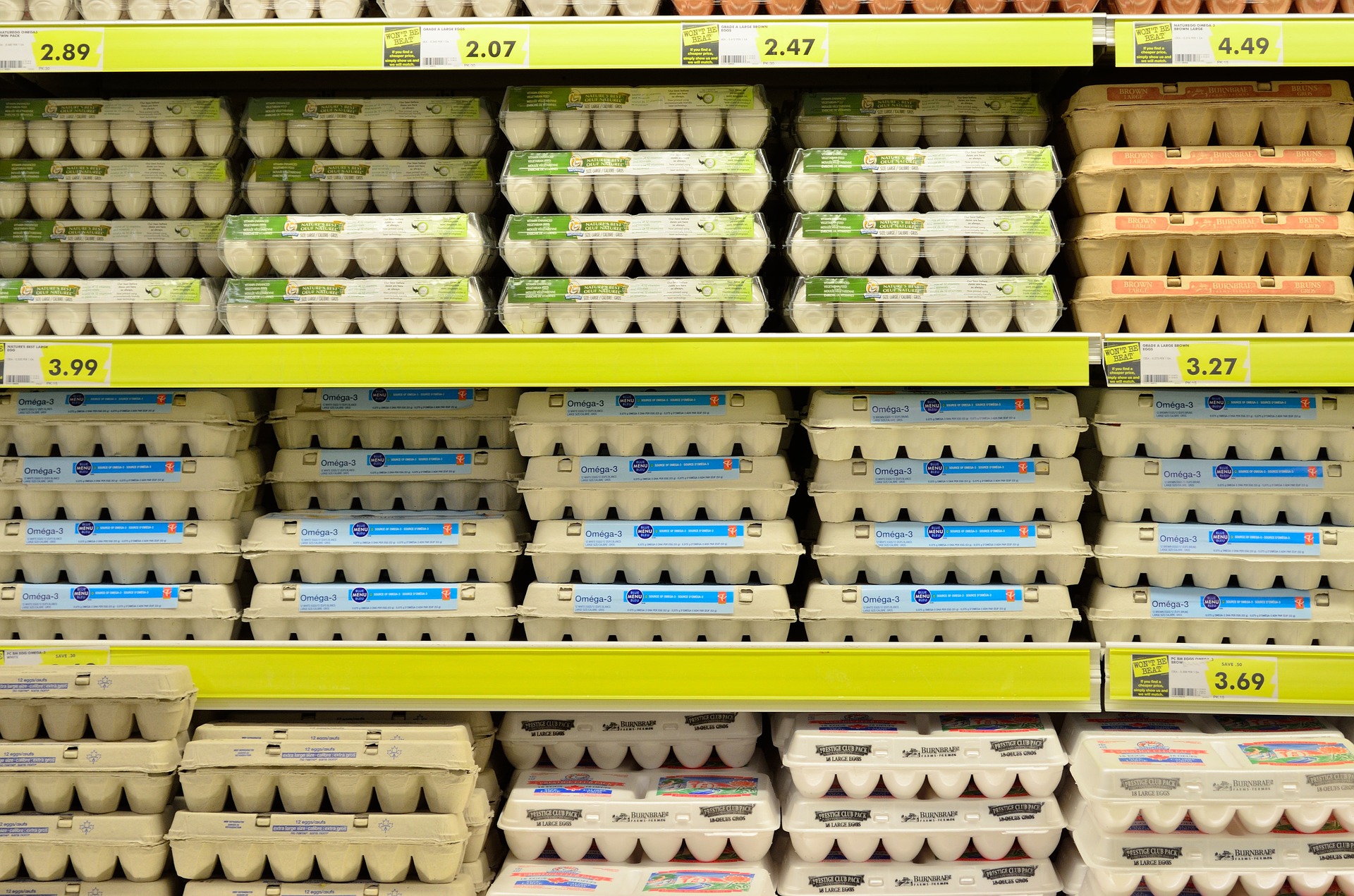As the Covid-19 pandemic continues to impact every aspect of life and the economy, our friend Chris Field, principal at UK-based FieldWorks Marketing, offers a look at some of the most influential trends that the crisis is accelerating, how retail will be affected by the crisis, and what the future of retail may look like as we emerge from it. We hope you enjoy.
–
As UK consumers discover that there are almost no home delivery slots available from any of the grocers, it is a timely reminder that only 8% of food is delivered online. And the grocers have defended themselves by saying that they cannot simply add huge capacity overnight, or possibly at all, given the controversy over staff working side by side in warehouses at the moment.
And it is also worth remembering, as so many people are calling the end of the store, that 85% of goods are still bought in stores, and that, while the stores landscape will look different after the pandemic ends and while retailers continue to explore just how many stores they need in a digital world, stores will not disappear, they will simply evolve, along the lines of the conversation we were all having before the pandemic.
Let’s put online shopping growth in perspective
Add to this that, albeit based on US research by Paymnts , only 25.4% of consumers surveyed said they were shopping online, and 16.3% were doing so on mobile more than they were before the coronavirus made its presence felt on these shores.
That’s only a slight uptick from the 22.1% and 16.7%, respectively, who reported similar sentiment in the survey at the beginning of March. So the idea that consumers alone will drive online growth and a further decline in store numbers may apply to certain types of goods that are already substantially bought online, ignores the fact that huge numbers do not shop online at all.
Rents are realigning
Consider also that, in the UK, there is growing flexibility among landlords to consider new types of rent agreements and the government is reviewing the rates system, so there should be a more benign environment for the store after the current crisis. This will, in turn, enable retailers to explore the right balance of on-to-offline and also to continue their journey to digitise stores to enable click and collect, browse digitally in store and buy online, store as warehouse and so on.
Consider also the role that retail stores play in the lives of consumers. Morrisons has recently reopened all of its cafes, not to serve tea and cake, but to provide a mini-warehouse for people to donate food to food banks.
You don’t know what you’ve got ‘til it’s gone
And it is important to recognise that shopping in stores for most of us is a leisure activity that everyone would miss if it went away. A more useful debate to continue is the one about what people do when they go shopping in stores; they buy but they also chat, they drink coffee, they go to the cinema, they go on from there to the park and so on; so many different types of journeys that may be all shopping or just some shopping.
Remove stores entirely from that scenario and there are no more towns. So, listening to Silicon Valley tech investors and their hatred of stores, simply tells me that these are people who do not shop anyway; most of them are still men, so I probably don’t want to believe what they have to say about the future of the store.
So what I am concluding is that the reinvention that has been going on in retail for more than five years will continue after the crisis, even though in some areas, the velocity will increase.
If the pandemic is an existential crisis, it is one that has been going on for years.
Fieldworks is a UK-based agency that helps retail technology brands build visibility and reach prospects with award-winning digital marketing, content and PR.

